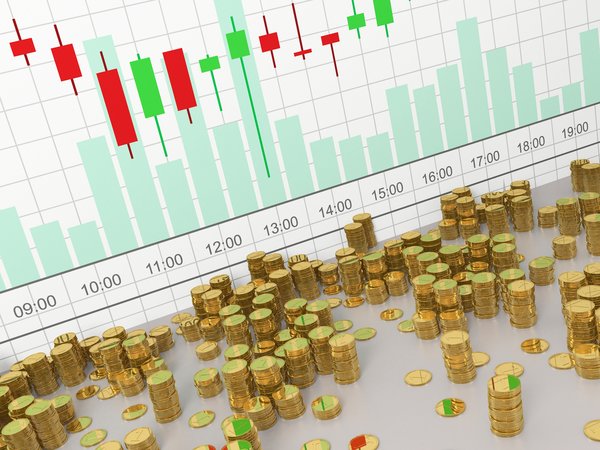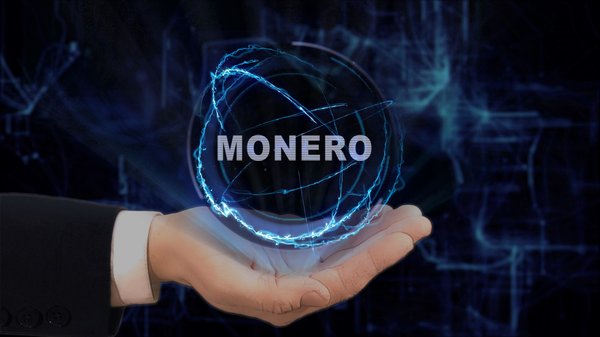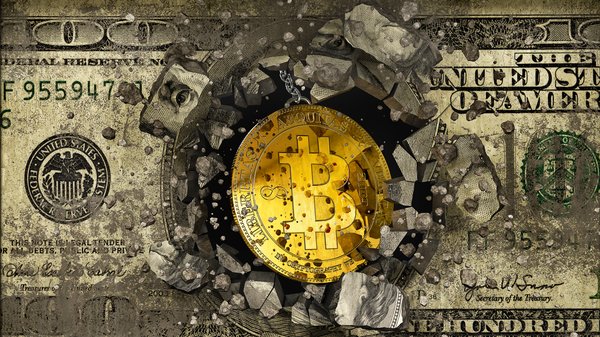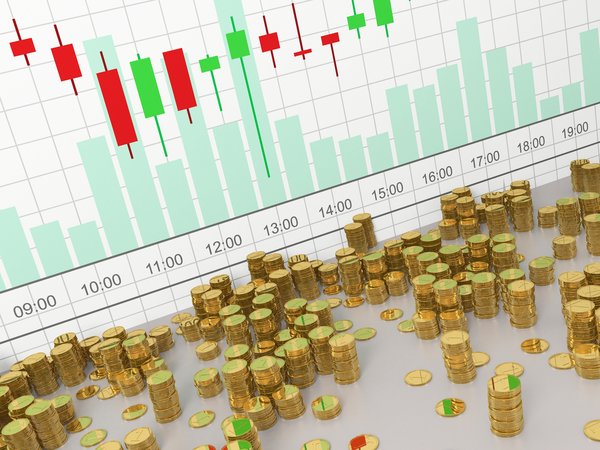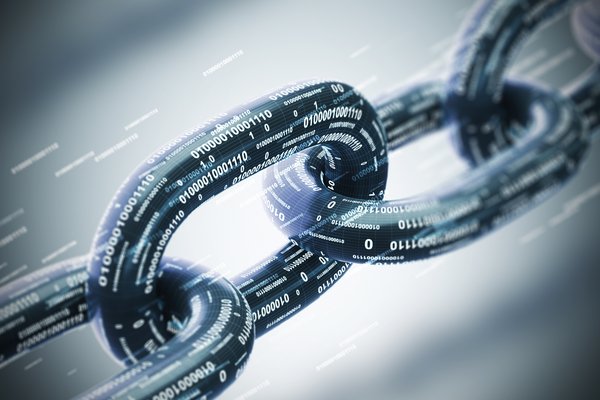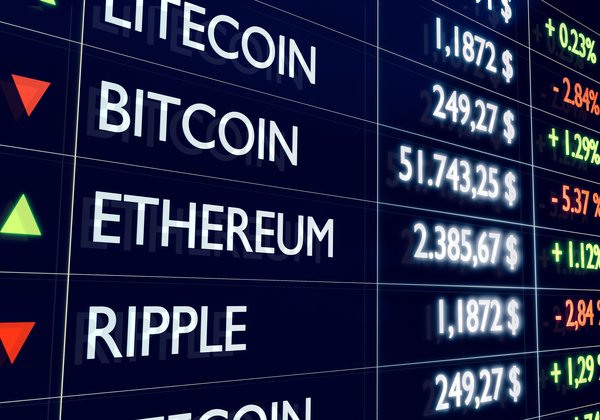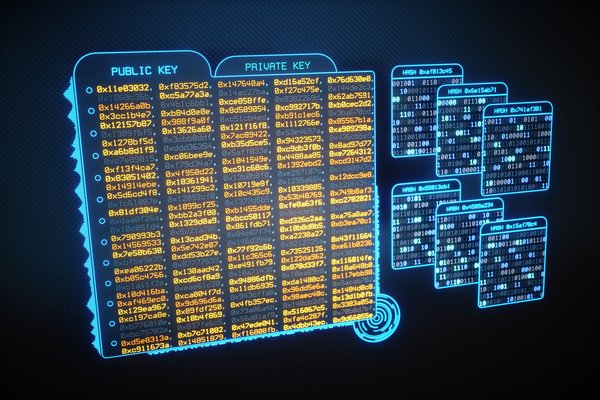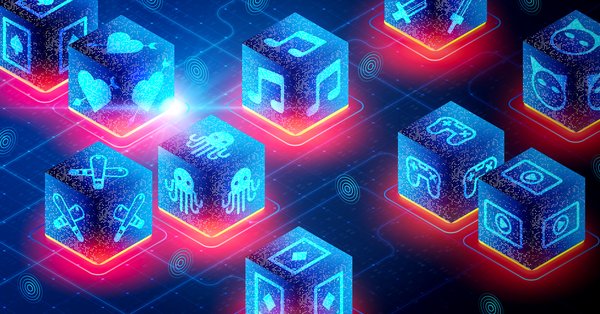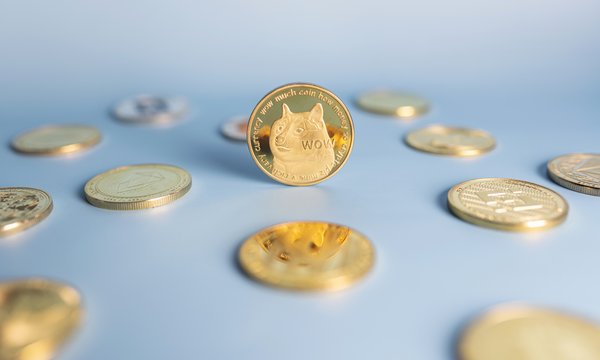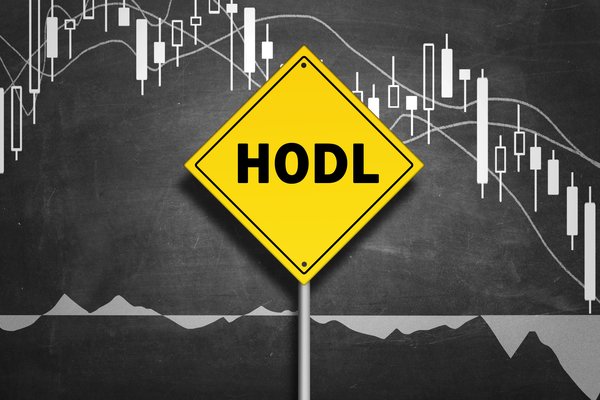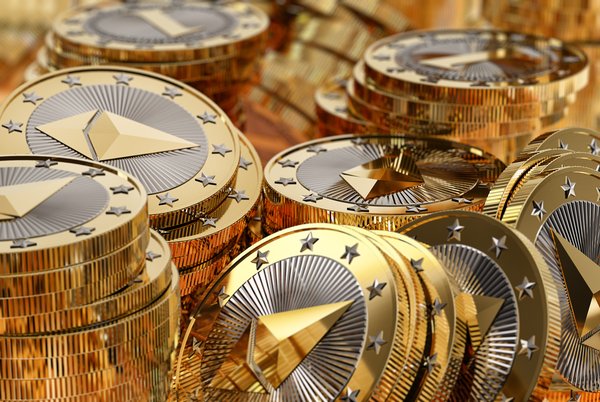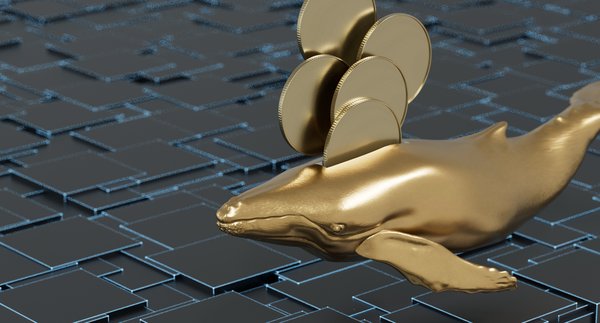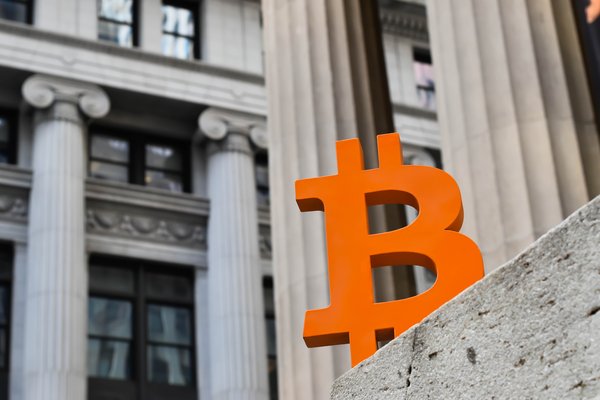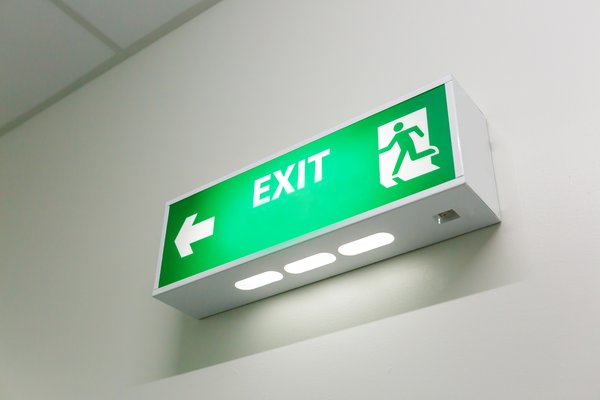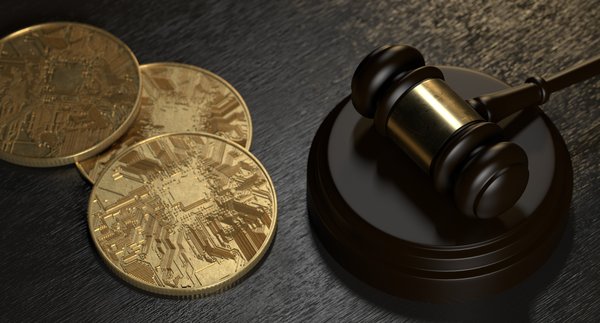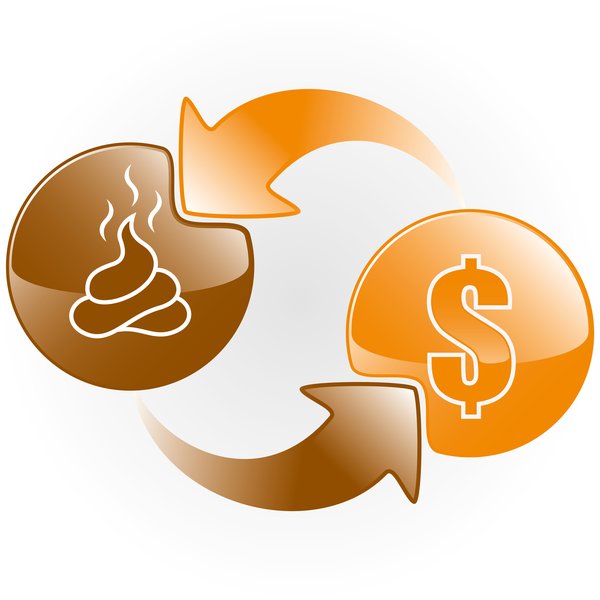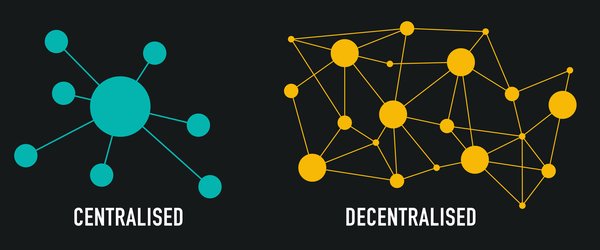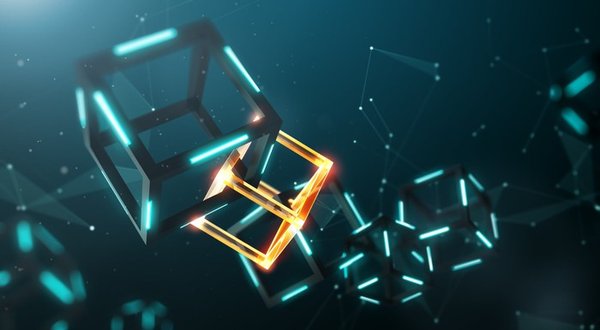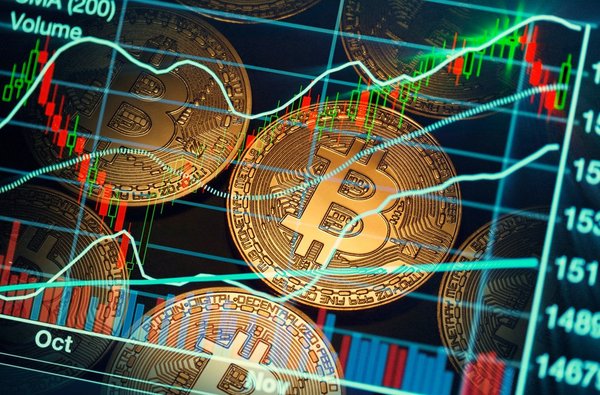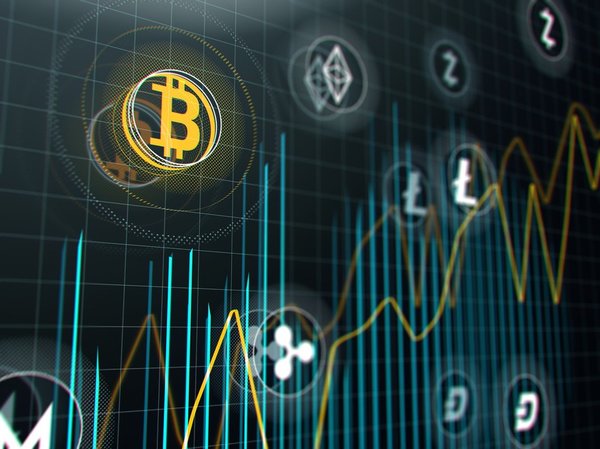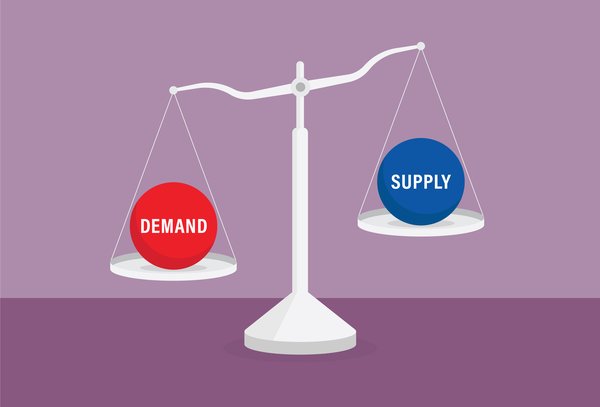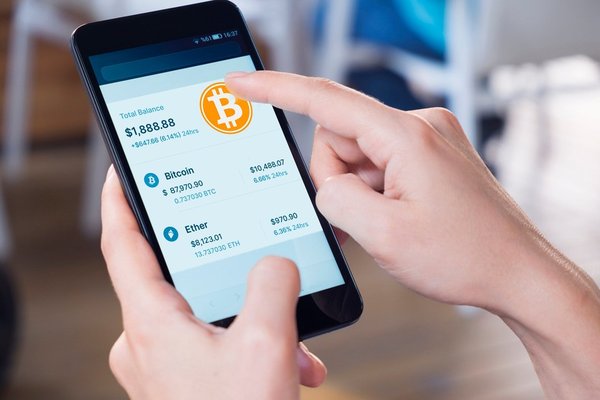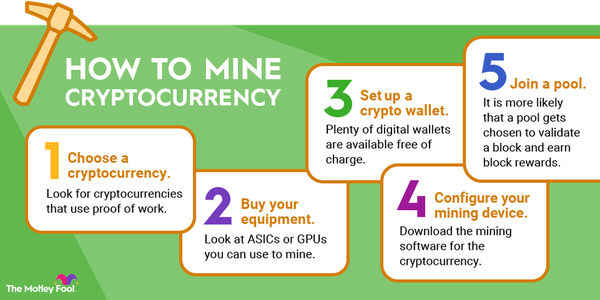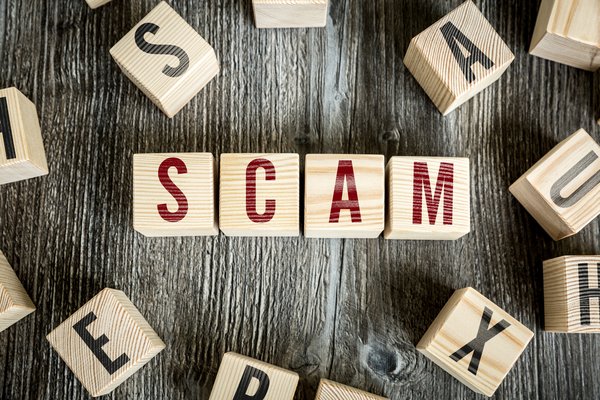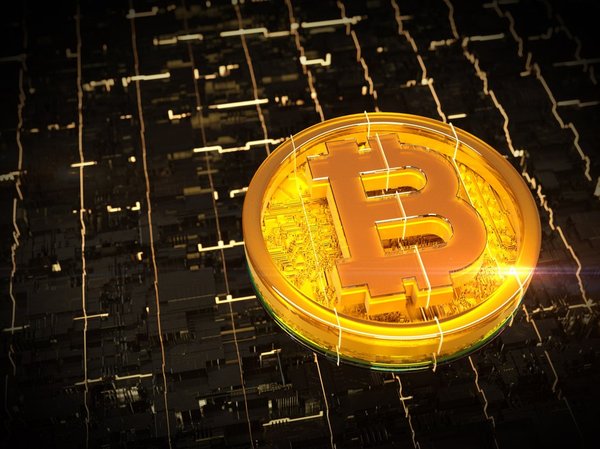Neo (CRYPTO:NEO) is a versatile blockchain network that can digitize and manage assets using smart contracts. Originally known as Antshares, it rebranded to Neo in 2017 with the vision of being an open network for a "smart economy."

While it was a top 10 cryptocurrency in 2018, Neo fell considerably after that, leading many investors to dismiss it. However, it's also known for being regulator-friendly, and it's even one of few cryptocurrencies allowed to operate in China. In this guide, you'll learn more about Neo as a cryptocurrency and an investment.
What makes Neo unique?
As an open-source blockchain, Neo has similarities to Ethereum (CRYPTO:ETH) and other platforms developers can use to create smart contracts and build decentralized apps (dApps). In 2021, Neo started a migration to a new version, N3. It has a long list of interesting capabilities, including:
- Multi-language support: Neo strives to be a developer-friendly blockchain. It offers the Neo Blockchain Toolkit for developing blockchain applications, and it supports C#, Python, Go, TypeScript, and Java.
- Decentralized storage: NeoFS is a distributed, decentralized storage network that you can use to encrypt and secure your data.
- Native oracle: Neo has its own oracle service that allows developers to access off-chain (external) data sources.
- Self-sovereign identity: NeoID is a decentralized identity tool that provides user authentication in blockchain-based applications.
- Interoperability: Neo is a founding member of Poly Network, an alliance to facilitate transactions across different blockchains. Other supported networks include Ethereum and BNB Chain.
Neo was also the first open-source, smart contract blockchain founded in China. According to developers, China's crypto ban had little effect on Neo. It's one of the blockchains servicing the country's Blockchain-based Service Network (BSN), and it's working to promote adoption of non-fungible tokens (NFTs) there.
Where Neo came from
Da Hongfei and Erik Zhang founded Antshares, a blockchain-based network protocol, in June 2014. They published the source code to Github the next year and launched the protocol's mainnet in October 2016.
The team behind Antshares decided to rebrand it to Neo in June 2017. It wasn't just a name change since Hongfei and Zhang also laid out new plans for the project, including a new smart contracts system and a collaboration with authorities in China.
How Neo works
Neo was the first public blockchain platform with a dual-token mechanism. It uses two tokens, NEO and Gas (CRYPTO:GAS), with each serving different functions on the network:
- NEO is a governance token that gives holders the right to vote for the Neo Committee. Members of the committee govern the blockchain.
- GAS is a utility token used to pay transaction fees on the Neo network.
On every new block of transactions, 5 GAS tokens are minted. The network distributes 10% of these tokens among all NEO holders, 80% for voters who help validate transactions, and 10% among the 21 members of the Neo Council.
To validate transactions, Neo uses a consensus mechanism called delegated Byzantine Fault Tolerance. It's the same general concept as delegated proof of stake, one of the more popular systems for blockchains seeking fast, inexpensive transactions.
Neo's system allows token holders to vote for consensus nodes that are running the Neo software. They vote by locking up or staking their NEO tokens, and each token represents a vote for the chosen consensus node.
The consensus nodes that receive the most votes serve as validators. For a new block of transactions to be added to the blockchain, it needs at least a two-thirds majority among validators.
Partnerships
Arguably the most important partnership Neo has established so far is with the Blockchain-based Services Network (BSN). The BSN was developed by the Chinese government to be a global infrastructure that can power a digital economy.
Neo is one of a small number of blockchains supported by the BSN. As part of its role, it will be working with the Chinese State Information Center, China UnionPay, and China Mobile to promote blockchain innovation and widespread adoption.
Since developers can use Neo to launch dApps, the Neo ecosystem includes a variety of projects. Here are a few examples of the types of projects Neo houses:
- Flamingo Finance, a decentralized finance (DeFi) protocol.
- DogeRift, a play-to-earn blockchain game that uses NFTs.
- GhostMarket, an NFT marketplace.
- DeepBrain Chain, a decentralized network that provides computing power to AI companies.
Neo founder Da Hongfei also founded Onchain, one of China's top blockchain companies. Onchain uses the Neo platform as the framework for its Distributed Networks Architecture, which helps businesses build private and public blockchains.
Can I make passive income with Neo?
Neo makes it easy to earn passive income. All NEO token holders receive a portion of the network's utility token, GAS. The tokens are generated each time a new block is minted. GAS tokens are rewarded automatically.
Note that if you store your NEO tokens on a cryptocurrency exchange, you may not receive these rewards. It depends on the exchange, which is why it's highly recommended that you store your cryptocurrency tokens in a blockchain wallet that you (and not the exchange) have sole control over.
You can increase the amount of GAS you earn by staking your NEO tokens. When you stake your crypto, it helps with the transaction validation process.
The Neo network splits up 80% of the GAS token rewards among those who stake their NEO tokens, compared to just 10% among NEO token holders who don't stake them. Since there's such a large difference in rewards, staking is the better option.
Unique risks
Neo's connection to China and the Chinese government could be either a benefit or a risk, depending on how you look at it. China is known for being strict on cryptocurrencies. Neo seems to have the nation's seal of approval for now, but, if that changes, it could have a significant impact on the project's growth.
Speaking of growth, Neo hasn't impressed investors in that regard, and some are complaining about a lack of marketing. The Neo team's approach has been to focus on developing the technology first, in particular the N3 upgrade. However, while Neo does that, it has been losing ground to other blockchain projects that care more about promotion.
Also worth noting is that NEO tokens are indivisible, which can make them somewhat inconvenient to use. Even an expensive crypto such as Bitcoin (CRYPTO:BTC) can be divided into Satoshis, which are worth one-hundred-millionth of a Bitcoin.
With Neo, this isn't possible. If you want to buy, sell, or trade it, it needs to be a whole number such as one NEO or 10 NEO. You couldn't send 0.5 NEO or 5.75 NEO. That makes it harder to use for transferring funds compared to other types of cryptocurrency.
Is Neo a good investment?
Neo's technology is impressive, but until it proves it can convince people to use that technology, it's an investment you're better off avoiding.
When Neo launched after its rebrand, it was considered a strong competitor to Ethereum and was even called the "Ethereum of China." The competition was short-lived. Both cryptocurrencies were on hot streaks to start 2018. From 2018 to 2022, Ethereum gained 387%. Neo, on the other hand, lost 66% of its value.
During that same time period, several smart contract blockchain platforms have been far more successful than Neo, including:
Poor marketing has prevented Neo from achieving widespread adoption and put it in a difficult position going forward. While it could conceivably turn things around, it's extremely risky to bet on a cryptocurrency that has been trending down for years.
Instead of Neo, look into other blockchain platforms such as the ones mentioned above. Ethereum, in particular, is good if you're looking for a project that has been consistently successful. You could also try investing in cryptocurrency stocks.
Related investing topics
How to buy Neo
If you want to take a chance on Neo, you can buy it on a cryptocurrency exchange. Since it's not quite a market leader, it's not available everywhere, but you can find it on the following platforms:
Whether you decide to buy Neo or another cryptocurrency, keep in mind that the market is volatile and high-risk. Only put a small amount of your overall investment portfolio in crypto, and focus on long-term results over weekly price movements.












